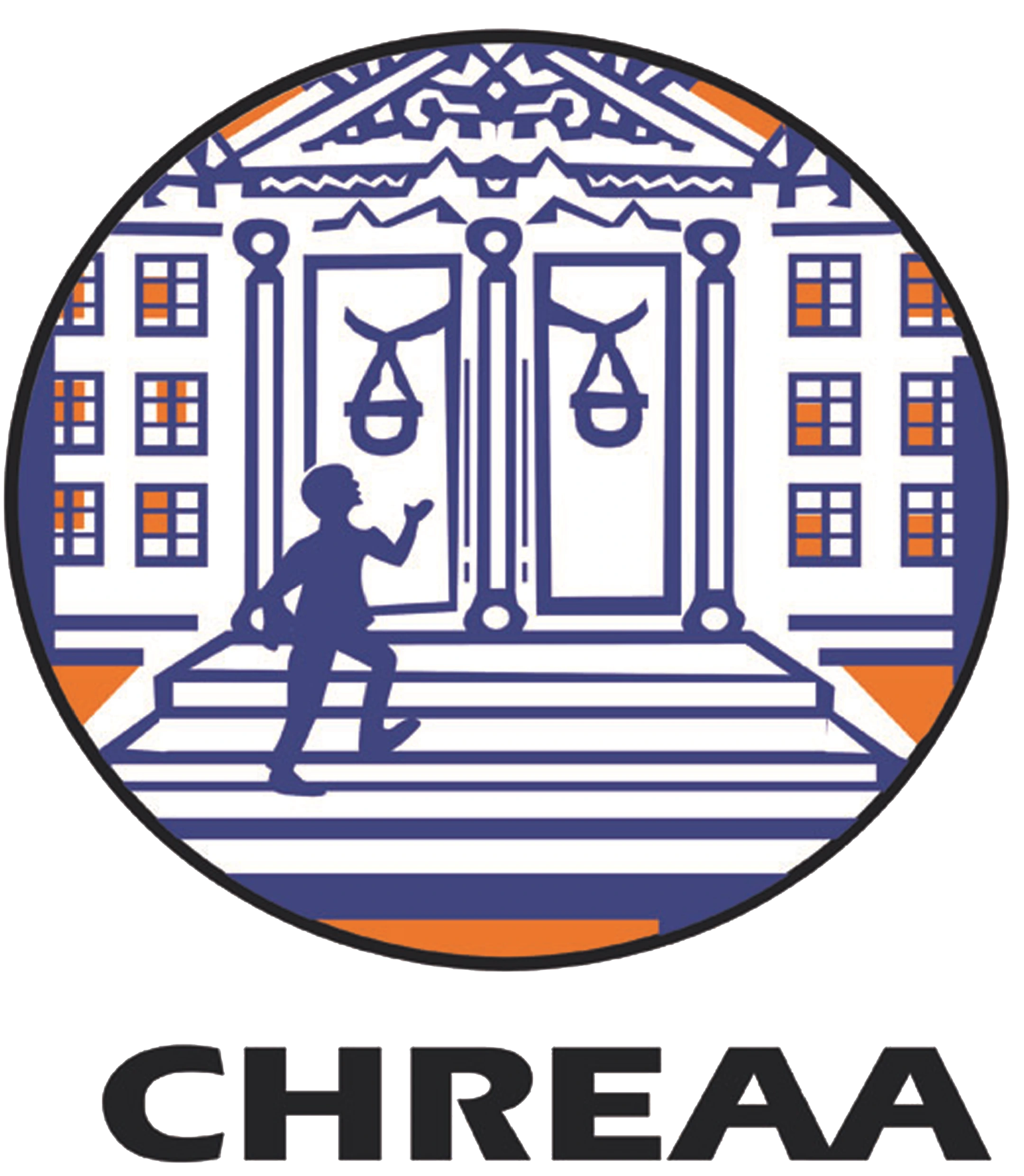The Malawi Bail Project (MBP) is an initiative aimed at equipping economically disadvantaged individuals facing minor charges with fundamental legal knowledge to effectively apply for bail. This initiative strives to elevate the approval rate of bail applications and mitigate prolonged pre-trial detentions and unjust imprisonment in Malawi’s congested prisons. Due to the scarcity of legal aid lawyers in Malawi, many individuals are brought to court without legal representation and are unaware of their right to bail and how to exercise it. Consequently, bail applications are seldom made at the first court appearance, leading to arbitrary detention for months or even years, in violation of domestic, regional, and international human rights instruments.
The dire situation has resulted in severe overcrowding in Malawi’s prisons, originally built to accommodate a maximum of 5,000 prisoners but currently holding over 14,500 men and women. Conditions in these prisons are deplorable, with insanitary environments exacerbating the spread of infectious diseases such as TB and HIV. Food shortages are common, with inmates often receiving only one meal of Nsima (a maize-based staple food) per day, depending on the prison budget.
In response to these challenges, the Malawi Bail Project serves as an access to justice initiative, empowering individuals accused of minor offenses to apply for bail at their first court appearance. By providing essential legal information and support, the project aims to reduce the number of people unlawfully imprisoned without trial, thereby alleviating prison overcrowding and improving living conditions for inmates.
In 2023, CHREAA monitored the impact of the installed bail audio message systems and distributed informational materials in pivotal police stations and courts in Blantyre. Through these initiatives, CHREAA reached 7,261 suspects, resulting in 4,928 individuals securing bail. Moreover, the organization collected invaluable data on the suspects, particularly in major courts and police stations. Additionally, CHREAA conducted a training session, engaging 80 police officers in familiarization sessions aimed at augmenting their understanding of bail-related matters. Overall, the project exhibited success in attaining its objectives by furnishing crucial legal information and facilitating the release of a substantial number of individuals facing minor charges.

